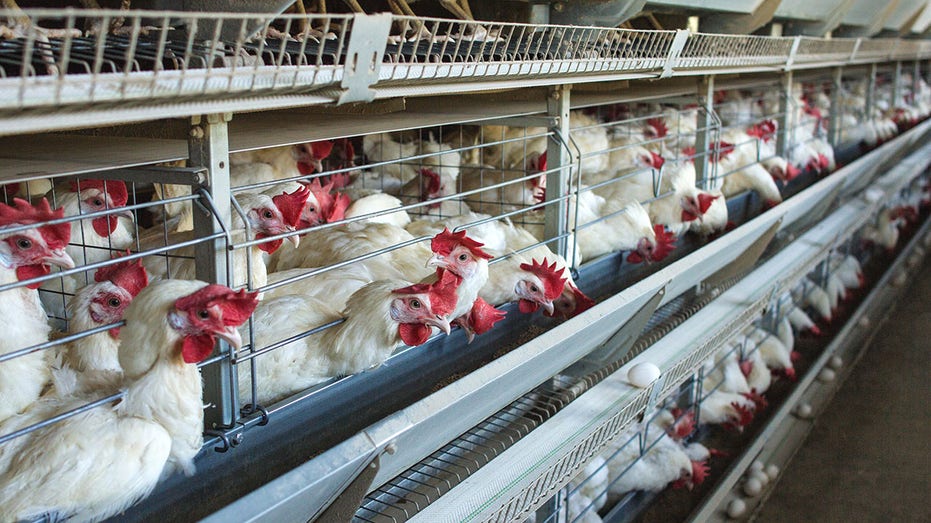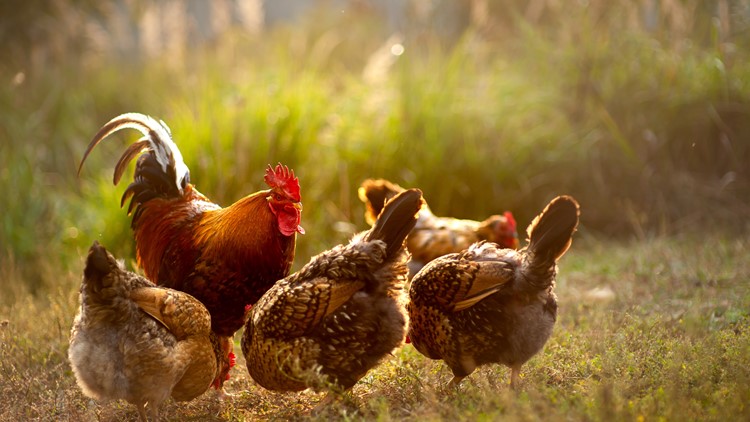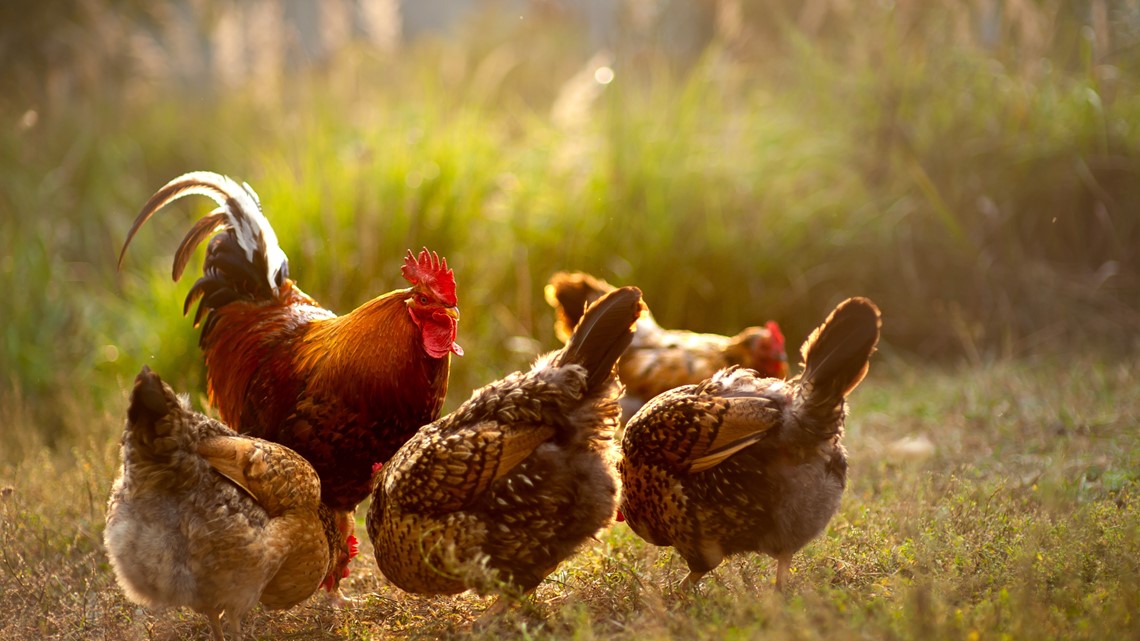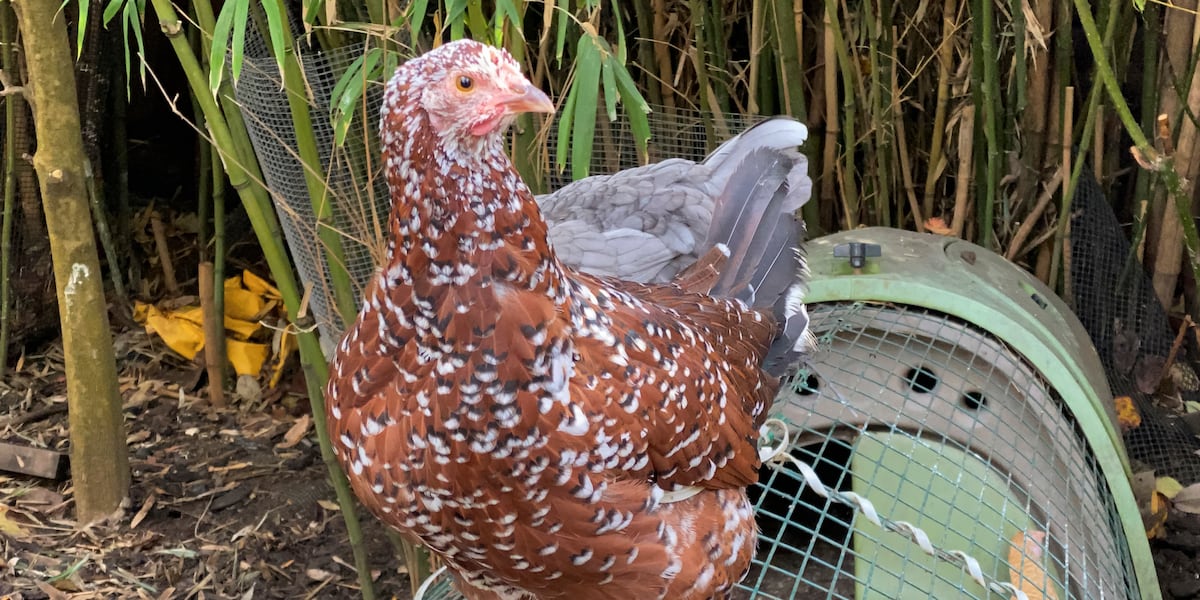
The Centers for Disease Control and Prevention (CDC) is currently investigating multiple salmonella outbreaks linked to contact with backyard poultry in 29 states, including Utah. As of May 24, 109 people have been infected with the bacteria, resulting in hospitalization for 33 individuals and no reported deaths. The CDC advises that children under five years old are at a higher risk of experiencing more severe illnesses requiring medical attention.
The outbreaks have been linked to various strains of salmonella, including Altona, Indiana, Infantis, Mbandaka, and Typhimurium. The source of the contamination has not yet been identified. Backyard poultry can carry salmonella germs which can easily spread to anything in their living areas.
The CDC advises that people should wash their hands with soap and water immediately after touching backyard poultry, their eggs, or anything in the area where they live and roam. It is also recommended to avoid snuggling or kissing backyard poultry and not eat or drink around them. Children under five years old should be kept away from chicks, ducklings, and other backyard poultry.
Eggs should be refrigerated and cooked thoroughly before consumption. Cracked eggs should not be used as germs can enter the egg more easily through a cracked shell. Eggs can also be cleaned with a brush, cloth or fine sandpaper but should not be washed as colder water can pull germs into the egg.
Symptoms of salmonella infection include diarrhea, fever, and stomach cramps which usually last for six hours to six days. However, children under five years old, adults over 65 and people with weakened immune systems may experience more severe illnesses that require medical treatment or hospitalization.
The CDC advises stores selling backyard poultry to clean and sanitize poultry display areas and source them from hatcheries that take steps to reduce salmonella contamination.
Recently, Arizona Governor Katie Hobbs signed a law allowing backyard chickens at single-family homes in the state. The CDC's warning comes just days after this legislation was passed.




